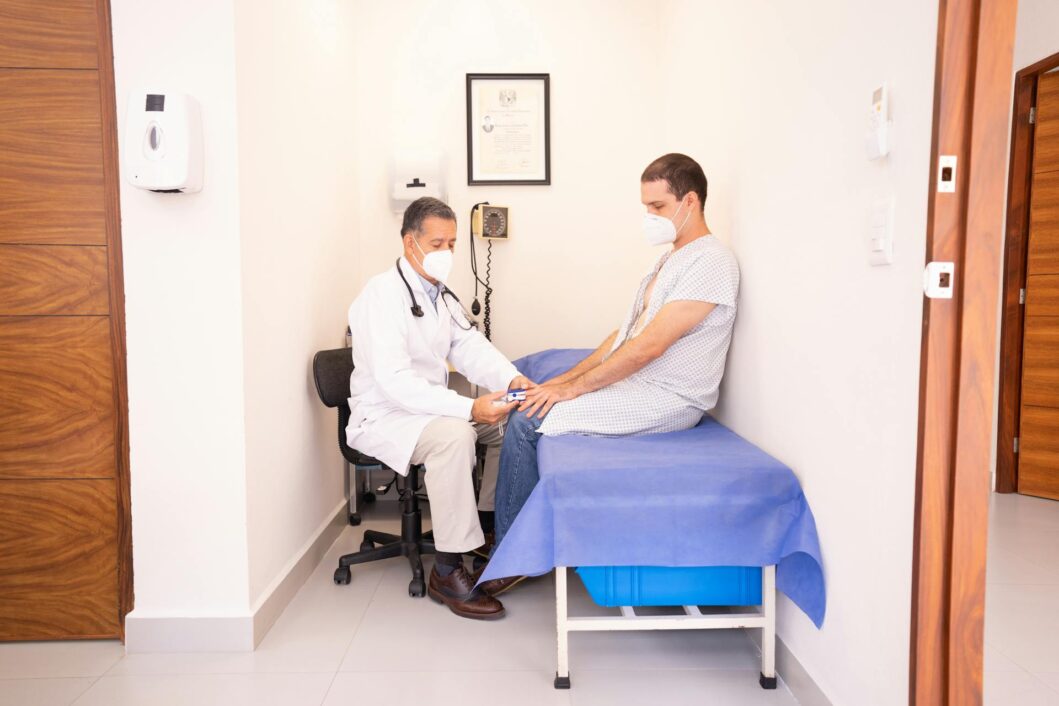Running a medical practice efficiently requires a combination of strong leadership, financial management, patient care, and technology integration. A well-managed practice ensures quality healthcare delivery while maintaining profitability and smooth day-to-day operations.

Here are key strategies to improve efficiency and provide the best possible care for patients.
1. Implement Strong Administrative Systems
An organized medical practice begins with effective administrative management. Streamline tasks such as appointment scheduling, medical billing, and record-keeping. Use practice management software to automate patient registration, track visits, and manage staff schedules. This minimizes errors and improves overall workflow.
2. Optimize Financial Management
Efficient financial management ensures a practice remains profitable. Key financial strategies include:
- Accurate medical billing and coding to avoid claim denials.
- Monitoring cash flow to manage expenses and profits effectively.
- Reducing unnecessary overhead costs while maintaining quality care.
- Negotiating with insurance companies to maximize reimbursements.
A dedicated financial team or an outsourced billing service can help manage revenue effectively.
3. Improve Patient Experience and Satisfaction
A successful medical practice prioritizes patient satisfaction. To enhance the patient experience:
- Reduce wait times by optimizing appointment scheduling.
- Offer online appointment booking and telemedicine services.
- Communicate effectively and show empathy during consultations.
- Follow up with patients to ensure continuity of care.
Satisfied patients are more likely to return and refer others, helping your practice grow.
4. Use Technology to Enhance Efficiency
Modern technology can significantly improve a medical practice’s efficiency. Utilize:
- Electronic Health Records (EHRs) for easy access to patient data.
- Telemedicine services to accommodate remote consultations.
- Automated reminders for appointments and medication follow-ups.
Leveraging technology saves time, reduces errors, and enhances patient care.
5. Foster a Well-Trained and Motivated Staff
Your staff plays a crucial role in running an efficient practice. Ensure they are:
- Properly trained in medical procedures, patient communication, and technology use.
- Encouraged to work as a team to improve efficiency.
- Given opportunities for professional growth and development.
A motivated and well-trained staff enhances productivity and patient care.
Conclusion
Running a medical practice efficiently requires strong organization, financial discipline, patient-centered care, and the integration of technology. By streamlining operations, optimizing resources, and focusing on patient satisfaction, healthcare providers can ensure both medical and business success.

